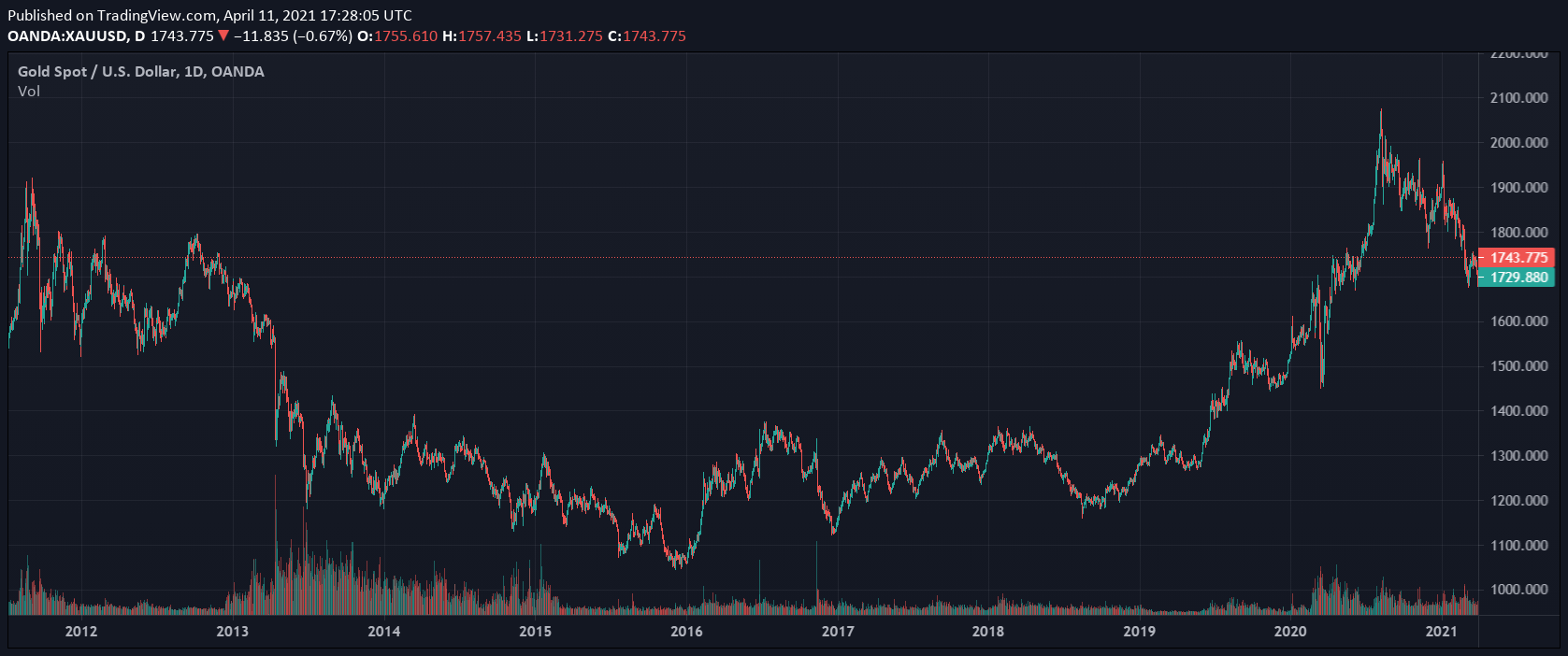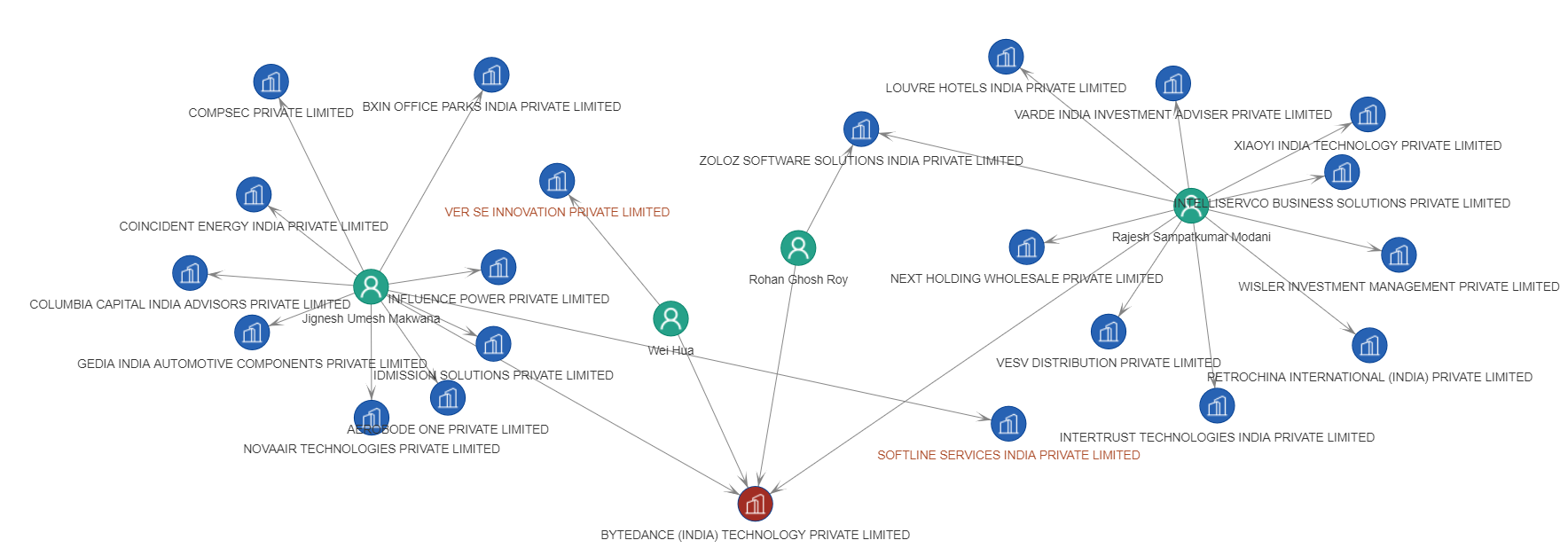
The unprecedented increase in fiat money supply helped First World countries to deal with the financial and economic consequences of the pandemic. Nevertheless, in the long term, this risky monetary policy will not remain without consequences. A resultant tax increase is the only foreseeable policy that could help to rebalance the distressed public finances. Will this generate a tax exodus?
The artificial increase in money supply created the false impression that everybody can get a free lunch. In reality, there is no free lunch. Since its inception, the world has paid its dues and moreover has paid its debts. Higher taxes could lead to a massive exodus from developed countries towards tax-havens. A similar but smaller-scale exodus is currently observed in the US, whereas high net worth individuals and corporations are fleeing California and New York towards Florida and Texas.
The move has already started slowly but surely. Anticipating a massive exodus, governments will step in and inflict new rules to curtail such a dramatic capital flight. For example, Janet Yellen, the head of the US treasury mentioned the introduction of a global minimum corporation tax. A global floor tax rate could easily be leveraged to high net worth individuals, thereby hindering all avenues that allowed traditionally to pay no or little tax..
The separation line between tax compliance and tax fraud is very murky. When companies or individuals aim to reduce their tax liabilities, few legal options are available.
- Tax optimisation is adjusting the various financial metrics representing a base for tax levies, in order to minimize the total tax liability. A simple example is the use of debt as a tool to reduce the corporate tax bill.
- Tax arbitrage profits from differences between countries or regions of the country in terms of taxation for the same transactions. VAT for example has various rates in different countries.
- Tax avoidance is the practice that employs legal methods in order to aggressively reduce tax liability by claiming deduction or refunds. Tax avoidance can employ sophisticated structures like off-shore holdings and structured financial products like insurance or derivatives designed to enhance tax avoidance.
A global tax policy will represent the beginning of the end for offshore jurisdictions. The war on offshore would have dramatic consequences for many fortunes of various origins. Extraterritoriality laws used by the US government would be the perfect argument to make such actions enforceable. Many loopholes in tax policies of different countries would be closed and authorities could easily collect massive amounts of tax monies.
Money has its own logic and both business and individuals are anticipating at some levels such developments. This could explain the unforeseen increase in the price of cryptocurrencies observed over the past 6 months.
“Together we can use a global minimum tax to make sure the global economy thrives based on a more level playing field in the taxation of multinational corporations, and spurs innovation, growth and prosperity.”
Janet Yellen, the US Treasury secretary
Trends: From ICO to NFT
Non-fongible tokens are the new hottest thing in the world of cryptocurrencies. NFT Investments, a London-based startup is a pioneer in token-based investment and managed to raise over 35 million GBP on London Stock Exchange, thereby underlining the interest in this new asset type. Elon Musk, the extravagant Silicon Valley tycoon is one of the first prominent figures embracing the controversial idea of selling investment backed by digital products to investors. We all remember the Initial Coin Offerings (ICOs) from the early days of cryptocurrencies and we all know how the whole story unravelled in a series of disappointing scams.
If NFTs emerge as a new form of popular investment, regulators would face a difficult task in applying a prudential framework to this market. NFTs have the potential to get targeted by fraudsters and money launderers.
Focus: Gold laundering
With less physical money in circulation, money laundering could easily fade away over the next decade. Money laundering had always dealt at some point with cash and a launderer aimed to introduce illegal physical cash in the legal system. Electronic money and blockchain are seriously hindering the avenues of laundering illicit funds.
Therefore other vehicles that carry value will be used instead of cash. Gold price is at a 10 years high. Fears of hyper-inlfation are fueling investors appetite for physical gold. Criminals could slowly move towards gold laundering. Criminal proceeds could be monetized in gold and launderers will move towards introducing gold into the legal economy.
Dubai, the world's largest gold hub exports bullion worth billions of dollars to refiners accredited by the London Bullion Market Association (LBMA). The UAE autorites are already taking steps in curtailing the laundering of funds using gold and precious stones.
The UAE Executive Office to Combat Money Laundering and Terrorist Financing announced a new set of measures restricting the movement of stones and precious metals.

Focus: ByteDance India
The border clash between India and China that took place last year generated a massive diplomatic and economic proxy-war. TikTok, the video-sharing social networking service owned by Chinese company ByteDance is one of the collateral victims of this conflict. A New Delhi based Indian tax intelligence unit ordered in mid-March to HSBC’s and Citibank's Mumbai-based branches to freeze the bank accounts of ByteDance India.
The Indian authority is investigating a case of tax evasion involving the TikTok’ smother company based in Singapore. ByteDance India attacked the decision in an Indian court pointing that it is hiring around 1500 headcounts. ByteDance India has four directors, including a Chinese national.

Word on the street: Israeli mafia in Mexico
The fact that criminal syndicates operate globally is not something new. What changed in the recent years is that leading syndicates operate outside their traditional zones of influence. In July 2019, two reputed members of Israeli mafia got shut in a shopping mall in Mexico City Ben Suthi from Tel Aviv and Alon Azoulay of Bat Yam. Vanessa Ballar Fallas, the mastermind behind the crime was arrested last month. The investigation shows that Fallas represented a Mexican cartel that used the two Israelis to launder a significant amount of money. When the pair showed up to collect their end of the deal Fallas employed two young gang members and executed them.